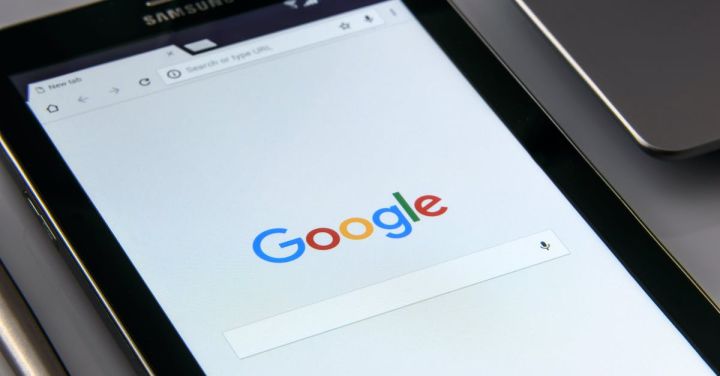What Is the Future of 5g Technology in Digital Communication?
In the fast-paced world of technology, innovation is constantly pushing the boundaries of what is possible. One of the most exciting developments in recent years is the advent of 5G technology. With promises of faster speeds, lower latency, and increased capacity, 5G has the potential to revolutionize digital communication. In this article, we will explore the future of 5G technology and its impact on various industries.
Enhanced Mobile Broadband
One of the main advantages of 5G technology is its ability to provide enhanced mobile broadband services. With speeds up to 100 times faster than 4G, users will be able to download and upload large files in a matter of seconds. This will not only improve the user experience for consumers but also enable new applications and services that were previously not possible.
Internet of Things (IoT) Connectivity
Another area where 5G technology will have a significant impact is in the realm of IoT connectivity. With billions of devices expected to be connected to the internet in the coming years, 5G will provide the necessary infrastructure to support this massive influx of data. From smart homes to autonomous vehicles, 5G will enable seamless communication between devices, leading to increased efficiency and productivity.
Real-time Virtual and Augmented Reality
Virtual and augmented reality (VR/AR) have been touted as the future of entertainment, education, and even healthcare. However, the current limitations of network speeds and latency have hindered widespread adoption. With 5G, these limitations will become a thing of the past. Users will be able to experience immersive VR/AR content in real-time, opening up a whole new world of possibilities.
Smart Cities and Infrastructure
5G technology will also play a crucial role in the development of smart cities and infrastructure. With its ability to support a massive number of connected devices, 5G will enable real-time monitoring and control of various systems, such as transportation, energy, and public safety. This will lead to more efficient use of resources, improved sustainability, and enhanced quality of life for residents.
Healthcare and Telemedicine
The healthcare industry is another sector that will benefit greatly from the implementation of 5G technology. With its low latency and high reliability, 5G will enable the use of remote monitoring devices, telemedicine services, and even robotic surgeries. Patients in remote areas will have access to quality healthcare, and healthcare professionals will be able to provide personalized care to a larger number of patients.
Challenges and Considerations
While the future of 5G technology is promising, there are still several challenges and considerations that need to be addressed. One of the main concerns is the cost of infrastructure deployment. Building the necessary network infrastructure to support 5G connectivity requires significant investments from telecommunication companies and governments alike.
Another consideration is the issue of security and privacy. With the increased connectivity that 5G offers, there is an increased risk of cyber-attacks and data breaches. It will be essential to implement robust security measures to protect sensitive information and ensure the integrity of the network.
Conclusion
In conclusion, the future of 5G technology in digital communication is undeniably bright. With its faster speeds, lower latency, and increased capacity, 5G will enable a wide range of applications and services that were previously not possible. From enhanced mobile broadband to IoT connectivity, virtual and augmented reality, smart cities, and healthcare, the potential impact of 5G is immense. However, it is crucial to address the challenges and considerations to ensure a safe and secure implementation of this groundbreaking technology.






